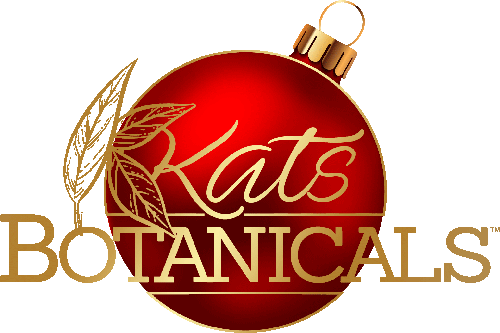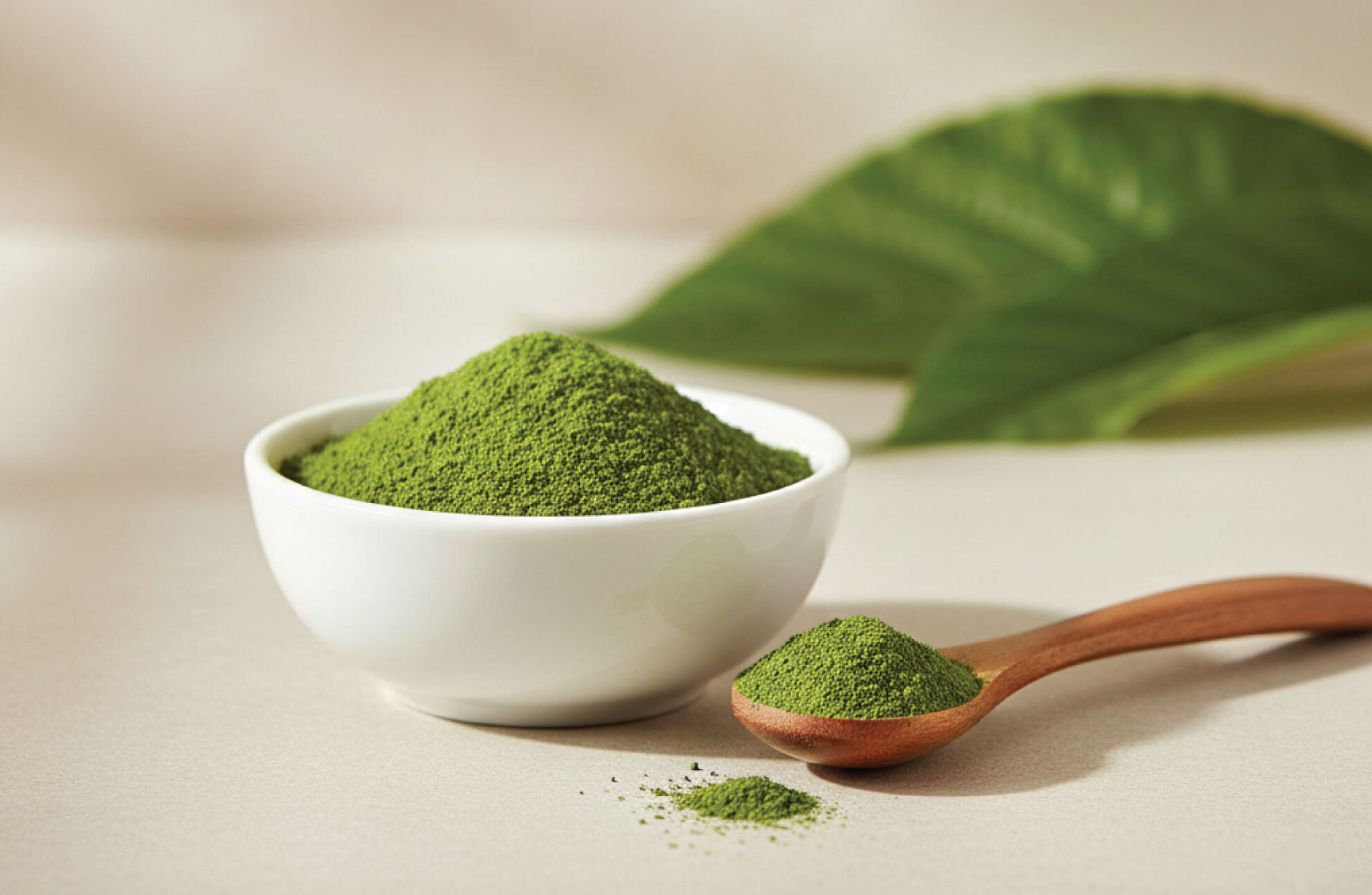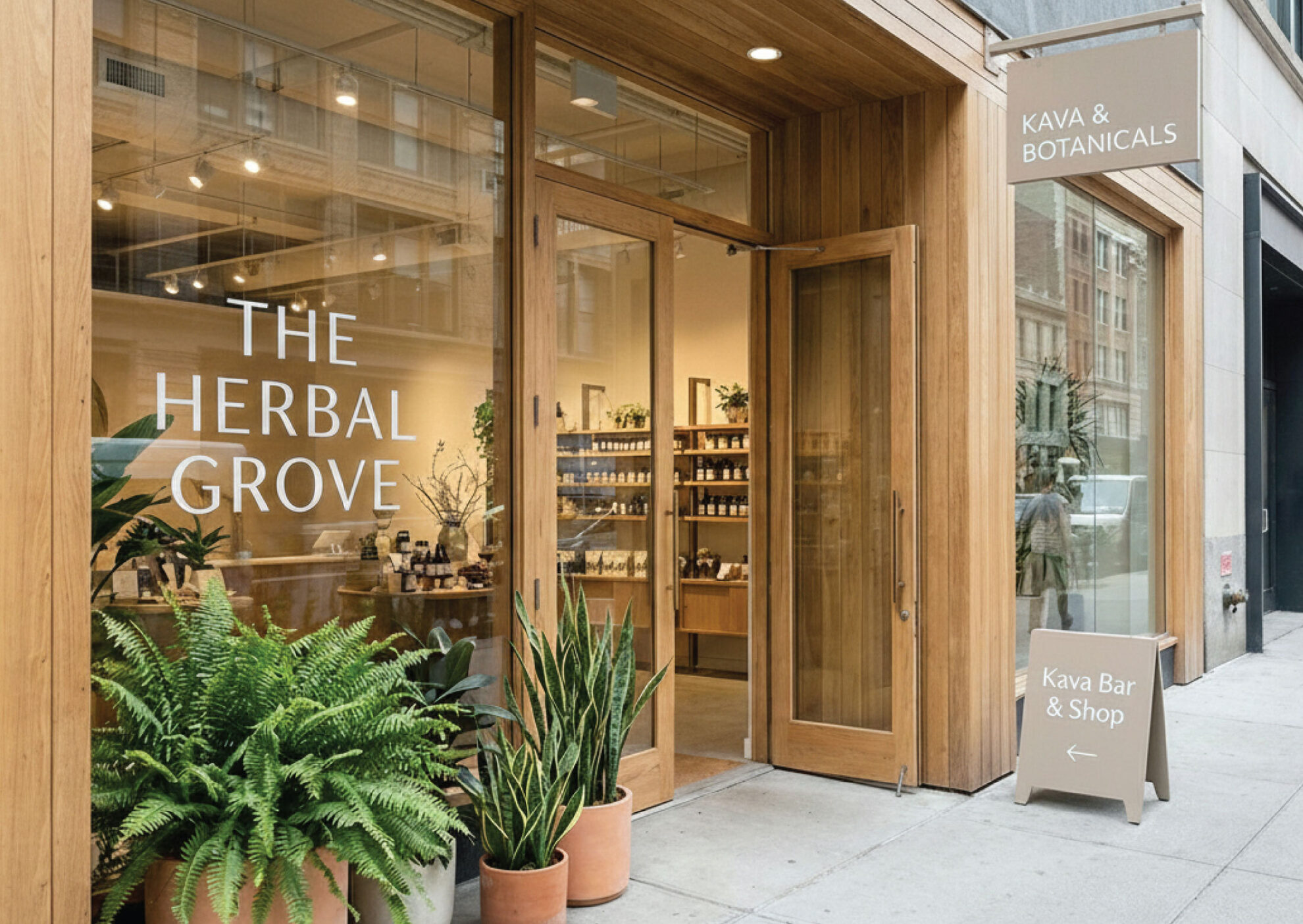North Carolina is a culturally diverse state, featuring natural beauty and a rich history. In 2025, legislators in North Carolina are adding to that history by including Kratom classification into a cannabis bill. Carolinians worry that sometime this year, they may lose access to a beneficial botanical they’ve come to appreciate using. Before panic sets in, read this quick guide to address all your concerns and questions, based on the latest information on Kratom legality in 2025.
A Brief Overview of Kratom
Kratom is a tropical tree found in the jungles of Southeast Asia, mainly Indonesia, Thailand, Papua New Guinea, and Malaysia. The locals traditionally chewed or brewed Kratom tea. Now, Kratom use is more widespread with a large number of its users living in the U.S.
Many Americans lean into Kratom’s potential, taking it as a supplement for holistic health support. Despite its fame, the US government views it as a public health concern due to the potential for abuse and adverse reactions.
Because Kratom isn’t regulated by the FDA, states decide on what’s best for their constituents. The states present differing opinions on Kratom safety, therapeutic value, and choose various paths to regulation.
The Current Legal Status of Kratom in NC
Is Kratom legal in NC? Yes, you can legally possess and use Kratom products in North Carolina if you are 18 years of age and above.
The state set the age of use back in 2016 when lawmakers passed a bill to regulate its sale to minors. A mix of legislative hearings, public feedback, and growing awareness of the potential of Kratom continues as new efforts in 2025 seek to place harsher regulations.
As interest in Kratom grows, lawmakers and health officials are keeping a close watch on emerging studies that explore its properties, safety concerns, and potential for abuse. Users are also encouraged to practice mindful consumption, mainly sourcing their products from credible Kratom vendors that follow strict quality control and other safety protocols.
Here is a complete Kratom legality guide for all 50 states.
The History of Kratom Legislation in North Carolina
The Kratom industry in NC has faced stiff opposition from health officials and lawmakers. Efforts to raise alarm over Kratom safety, citing potential cases for overdose or adverse effects, have been opposed by advocacy groups like the American Kratom Association (AKA) and Kratom supporters living in the state.
Over the years, many consumers have testified, sharing personal stories about the benefits of Kratom. Activists also fought the Kratom ban in NC by launching repeated petitions to encourage its legality, often helping to shift the narrative on Kratom use in NC. But while previous efforts to regulate or ban Kratom in NC have failed, recent legislative efforts are pending in 2025.
If you work, live, or travel in NC, you need to know what this means for you. Let’s take a look at the historical milestones in NC Kratom legislation in 2025:
- April 2015: NC House introduces HB 747 to restrict Kratom sales to minors and commission a study on its public health impacts. The act swayed the conversation from total Kratom prohibition to regulation focusing on age restrictions, product labeling, and other safety measures.
- May 2016: SB 830 is filed to classify Kratom alkaloids (Mitragynine and 7-Hydroxymitragynine) as Schedule I controlled substances. Despite passing its first reading in the Senate on May 11, 2016, the measure stalled in committee and never progressed to a floor vote or final passage, effectively dying in the Senate. In June of that year Kratom users, store owners, and advocates (including the American Kratom Association) testified.
- June 24, 2016: HB 747 passes both chambers unanimously, effectively implementing ban on Kratom sale or use for those under 18.
- June 2025: NC House advances HB 468, a bill proposing new Kratom regulations including vendor licensing and raising the minimum purchase age to 21. Public testimony includes kratom users and harm-reduction advocates opposed to banning synthetic derivatives.
What HB 468 Means for Kratom in North Carolina
HB 468 is not a Kratom bill. It’s a cannabis one.
House Bill 468 is a 2025 North Carolina bill primarily focused on regulating hemp-derived cannabinoids, including Delta-8 and Delta-9 THC, by creating a new licensing system under Chapter 18E. While its main objective is to establish oversight for cannabis-adjacent products, the bill also introduces significant restrictions on Kratom.
HB 468 is making its way through the pipeline of NC lawmakers as you read this. It’s been passed at each stage thus far, and is pending full Senate passing and the governor’s signature. The bill has gained legislative momentum and is expected to pass, though Governor Stein’s intentions on the bill are not clear.
- Establishes detailed regulatory structure: HB 468 creates Chapter 18E in North Carolina law, giving authority to the Alcohol Law Enforcement Division (ALE) to license, regulate, and enforce quality controls on Kratom manufacturers, distributors, and retailers.
- Licensing requirement: All Kratom retail sellers, both in-store and online, must obtain a state license, pay annual fees, and comply with inspection protocols.
- Age restriction increased to 21: It prohibits the sale or distribution of Kratom products to individuals under 21 years old. Retailers must check ID for anyone appearing under 30 and use signature verification for online orders
- Zero tolerance for synthetics: HB 468 bars the manufacture, sale, or distribution of synthetic Kratom alkaloids, including high-potency compounds like 7‑OH.
- Packaging, testing & labeling standards: Products must be sold in child-resistant packaging, display ingredient and allergen info, list serving size and alkaloid concentration, and pass independent lab testing.
- Enforcement with penalties: ALE can conduct audits, issue fines ($500–$2,000), suspend or revoke licenses, and enforce misdemeanor or felony charges for repeated or severe violations.
Is the Kratom Consumer Protection Act in Place in NC?
The AKA was formed in response to rising legal challenges and misinformation about Kratom consumption and dosage. The AKA later launched the Kratom Consumer Protection Act (KCPA), in collaboration with lawmakers, scientists, and Kratom advocates. KCPA is a state-level bill designed to regulate the botanical, rather than banning it outright. Many states are using the legal framework to pass their own KCPA legislation. North Carolina is not among the 13 states that have passed KCPA legislation:
- Arizona
- Colorado
- Florida
- Georgia
- Kentucky
- Maryland
- Nevada
- Oklahoma
- Oregon
- Texas
- Utah
- Virginia
- West Virginia
Apart from age restrictions when it comes to Kratom use in NC, the quality and safety of Kratom products are left to vendor discretion, meaning poor quality or unsafe Kratom products could make their way into the state. The AKA continues to push North Carolina lawmakers to adopt KCPA to ensure consumer safety and legal access to Kratom.
Are you a snowbird, traveling to Florida for the winter months? Before you pack your Kratom, see how the KCPA in Florida is helping with safe and accessible Kratom for Floridians.
Where to Buy Kratom in NC Safely
As of early July 2025, you can still buy safe, legal Kratom in NC if you are diligent about making informed decisions. Look for Kratom brands in NC that focus on transparency, safety, and consumer education, demonstrating:
- Real customer reviews and testimonials. (See Kats Botanicals customer reviews for popular Kratom products as a good example.)
- Ethical sourcing, using Kratom leaves from Southeast Asia.
- AKA certification or KCPA compliance (Look for cGMP standards).
- Easily accessible third-party lab test reports, also known as COAs.
- Integrity. A responsible Kratom provider will be straightforward about the products, practicing responsible marketing.
- Good support for your Kratom journey – responsive customer support, easy ordering, good return policies, and educational resources on the products.
Once you begin vetting Kratom products online and learn a little about some of the popular vendors, it’s easier to find the right options for you. Find Kratom to buy near you in local head shops (cannabis or CBD stores), smoke shops, or even the gas station if you can find a good vendor’s product there. Herbal supplement stores and specialty shops may have more educated staff to help you.
While buying in person is convenient, the purity and quality of the Kratom are not guaranteed. Most local vendors do not meet consistent quality and safety standards due to the high cost of running a brick-and-mortar business.
For most people in NC who are loyal Kratom users, buying Kratom online eliminates some of these problems. You can do all your research at once and find a good Kratom vendor you trust. Get on their mailing list and check out any repeat ordering discounts. Have your Kratom products shipped discreetly to your door in NC.
Online Kratom shopping is the best, safest, and most reliable option. Online suppliers such as Kats Botanicals offer better transparency, access to third-party lab results, a wide range of compliant products, and more. Additionally, online shopping enables you to thoroughly research a company before making a purchase.
Lastly, keep your eye on Kratom legality in NC. As a reputable vendor, we adhere to all NC laws when shipping there – and we’ll keep doing so, as long as NC keeps the legal lanes open for us!
FAQs About Kratom Legality in NC
Kratom is illegal for minors in North Carolina and most parts of the US. State law banned the sale of Kratom products to people under the age of 18 in 2016, but this may increase to age 21 if HB 468 passes into law.
Yes, you are allowed to travel with Kratom into or out of North Carolina, as of July 2025, as long as you are over 18.
No federal laws prohibit Kratom use or possession in the 50 states. However, federal agencies such as the DEA and FDA have issued warnings about the safety of Kratom and its potential for abuse. The FDA does not approve Kratom for any medical use, while the DEA attempted to label the botanical as a controlled substance, though the bill failed due to public outcry and advocacy efforts.
Final Thoughts: Staying Informed About NC Kratom Laws
Is Kratom legal in NC? Yes, you can freely enjoy your favorite Kratom products while in North Carolina. That said, it is wise to monitor Kratom laws regularly since the legal status of the botanical may change.
To stay informed, follow advocacy groups like the AKA, engage in online Kratom communities, or regularly check updates from local government news. Kats Botanicals blog also features up-to-date Kratom news on the best type of Kratom strains, Kratom advocacy, proper Kratom dosage, and more.










